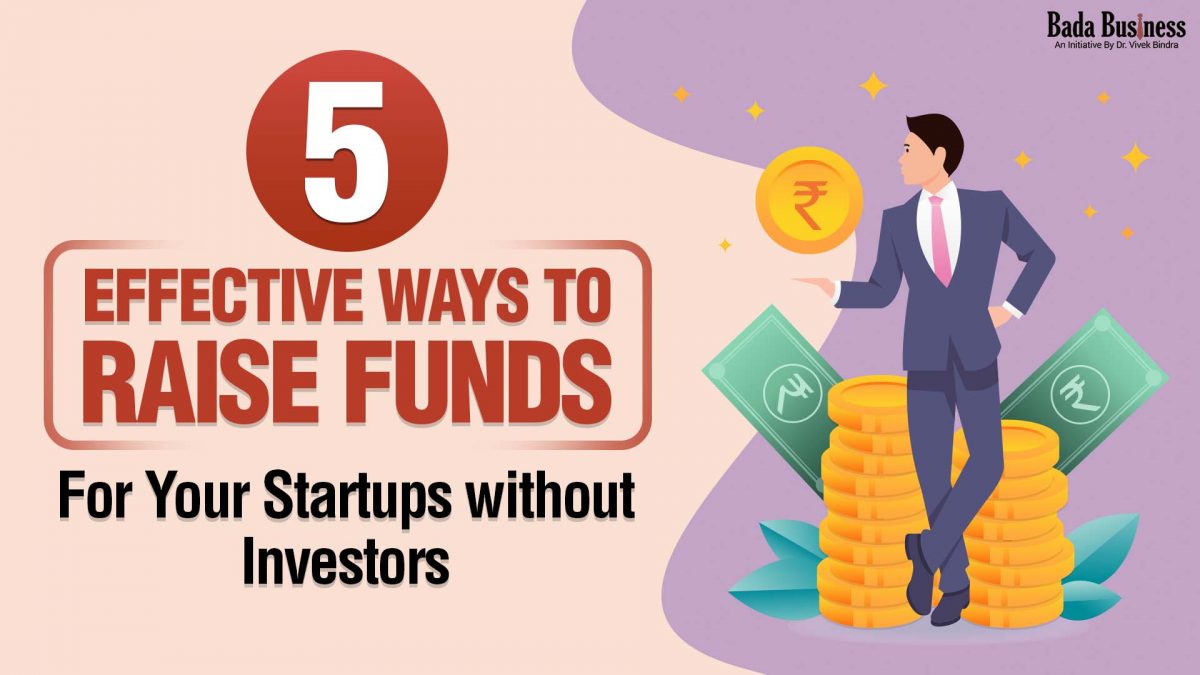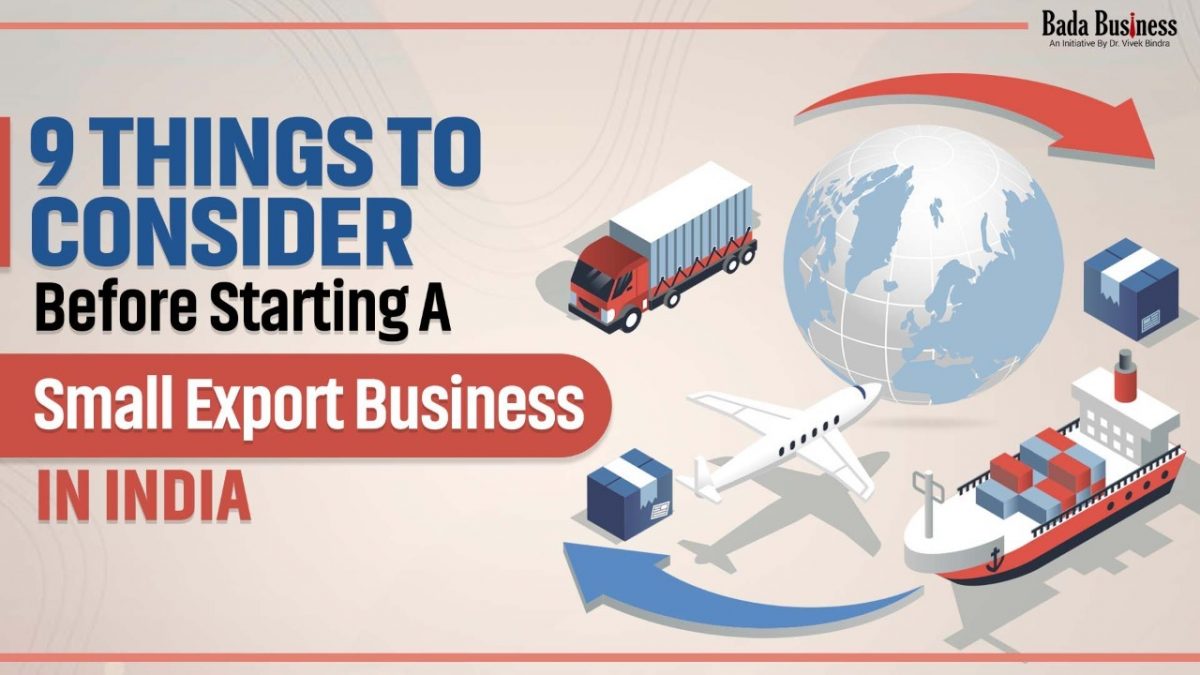Establishing a business from the scratch is not so easy. It is quite difficult when it comes to strategizing, managing, and thinking about different segments of the business. And to build it without the initial capital investment from the investors can be even harder.
Though the process might seem time-consuming, starting a startup in India without the burden of investors can yield benefits that outweigh the cons. If you are an amateur, you can take help from a motivational speaker.
Here are 5 ways in which you can do fund-raising for a business without investors:
1. Keep Your Job as Side Hustle
Since starting a startup business in India without investors can leave you with a lack of funds, it is always a cool idea to continue with your day job. This will give you the advantage of saving your salary.
2. Make the Most of Government Loan Schemes
Whether you want to start your business without an investor or are unable to find one, you can still fulfill your entrepreneurial dream, thanks to government schemes. To focus on ‘Make in India’, the government has started a few loan schemes.
Schemes like CGTMSE, MUDRA, and Stand-up India can provide you with collateral-free debts and can get access to low-cost capital. To get expert guidance, you can work with the best motivational speaker of India.
3. Use your Revenue to do Fund Raising
Not all startups are pre-revenue generators. Many startups have customers and monthly revenue, so why not plan smartly and use that money to grow faster. A Revenue Based Loan can turn your revenues into growth capital and can help you to do fund-raising without an investor. To know step by step process of fund raising, watch here:
4. Go for Crowd Funding
You can also raise money through crowd-funding. Crowd-funding refers to the funds from a large number of people who contribute with a small amount of cash. The process of crowd-funding is typically done via online platforms.
5. Do Everything for Your Business
A business is just like a baby! Hence, be ready to give all your time and attention. Not just that, you must be willing to make sacrifices to free up your time.
As an entrepreneur, you may want to taste success as soon as possible. However, patience is the virtue that makes any business successful. You may feel challenged at the initial stage of building a start-up. If not prepared, you may have to suffer losses too. Hence, get all the information and knowledge from the industry experts.
We know what you are thinking! The idea of managing a business is easier said than done and we completely agree with you. This is why to help you move forward with your business goals, we at Bada Business offer courses like Business Coaching Program, Problem Solving Courses (PSC) & Lifetime Membership (LTM).





